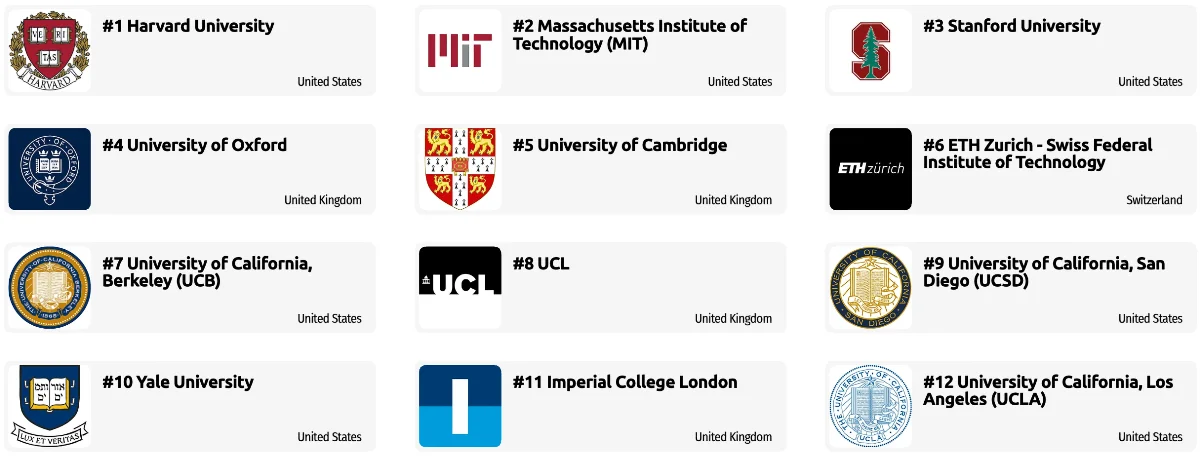Analyst

Analysts will often perform the following tasks:
- Identifying the underlying principles, reasons, or facts of information by breaking down information or data into separate parts.
- Using relevant information and individual judgment to determine whether events or processes comply with laws, regulations, or standards.
- Assessing the value, importance, or quality of things or people.
- Compiling, coding, categorizing, calculating, tabulating, auditing, or verifying information or data.
Inspector

Inspectors should be great at:
- Estimating sizes, distances, and quantities; or determining time, costs, resources, or materials needed to perform a work activity.
- Observing, receiving, and otherwise obtaining information from all relevant sources.
- Identifying information by categorizing, estimating, recognizing differences or similarities, and detecting changes in circumstances or events.
- Inspecting equipment, structures, or materials to identify the cause of errors or other problems or defects.
Other work activities related to Bioinformatics technicians
- Developing or maintaining applications for processing biologically based data into searchable databases for purposes of analysis, calculation, or presentation.
- Entering or retrieving information from structural databases, protein sequence motif databases, mutation databases, genomic databases or gene expression databases.
- Analyzing or manipulating bioinformatics data using software packages, statistical applications, or data mining techniques.
- Conferring with researchers, clinicians, or information technology staff for determining data needs and programming requirements and for providing assistance with database related researching activities.
- Creating data management or error checking procedures and user manuals.
- Designing or implementing web based tools for querying large scale biological databases.
- Developing or applying data mining and machine learning algorithms.
- Documenting all database changes, modifications, or problems.







